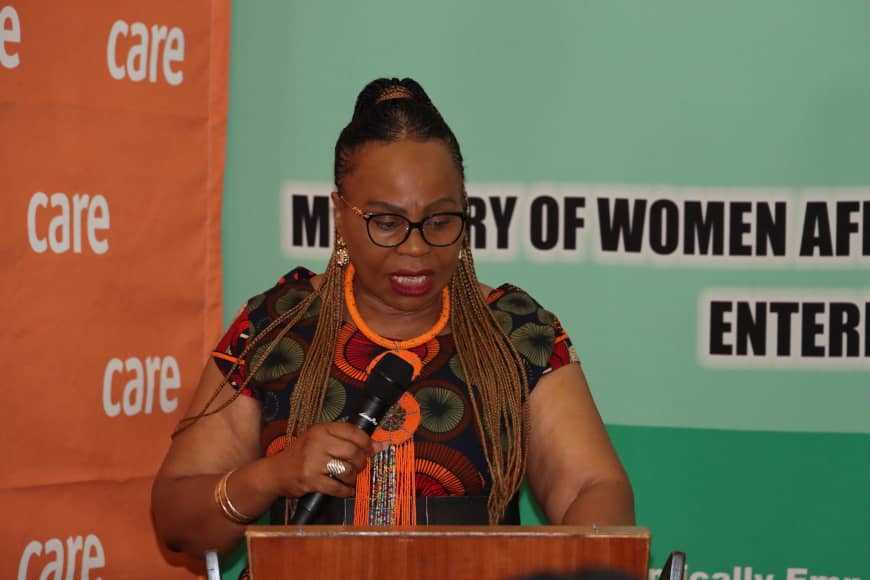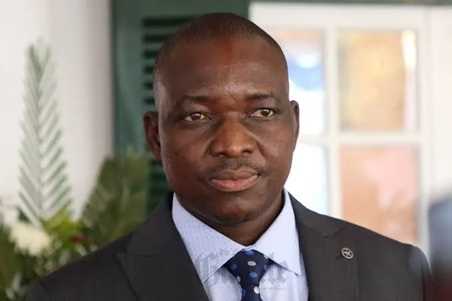
Patricia Mashiri
Stakeholders have increased calls for gender sensitive approach to disaster risk reduction as women and girls are the most affected during disasters.
This call also comes to create spaces for women’s voices to be heard and ensure their active participation in decision-making processes during disaster planning, prevention, response, and mitigation.
Speaking during a gender disaster risk management stock-taking workshop, Women Affairs, Community Small and Medium Enterprises Development Minister, Senator Monica Mutsvangwa said that collaboration and partnerships are key to promoting gender equality and enhancing disaster resilience.
“About 40% global population is now living with the harsh realities of climate change, high temperatures, drought, flooding, and many other extreme weather events and Zimbabwe has not been spared. Decreased agricultural production, food insecurity, poor health, scarcity of water and energy resources, climate-induced migration and conflict, and climate-related natural disasters are some of the challenges that are being aggravated by climate change
Disasters, whether natural or man-made, have the potential to disrupt lives, destroy infrastructure, and cause immense suffering. They often exacerbate existing inequalities and disproportionately affect women, girls, men, and boys in different ways. However, it’s sad to state that the worsening impacts of such disasters lead to highly gendered impacts which largely affect women and girls,” she said
Related Stories
A 2010 UNDP report on gender and disasters outlines that disasters reduce the life expectancy of women and that of men. Climate-related disasters disproportionately impact gender and particular age groups, women and older people.
The Minister added that violence against women and girls is also a factor during and post-disaster. This was evidenced during the Cyclone Idai disaster here in Zimbabwe, more women than men reported losing their livelihoods and lives and also during the Covid-19 pandemic, many women and girls were subjected to gender-based violence and teenage pregnancies.
“Climate-induced disasters are now a reality and women and children carry the brunt of the impacts. Gender also intersects with other factors like disability, culture, religion, or socio-economic disadvantages, creating additional vulnerabilities and barriers to adaptation. These are likely to limit women in adopting effective strategies for preparing, adapting, and responding to disasters. It takes collaborative efforts such as this one to bring lasting change,” she said.
Care International Country Director Patrick Sikana said gender equality and disaster risk reduction are intrinsically linked, and stakeholders must continue to advance our understanding of this connection to build a more resilient and equitable world.
“As we convene here, we bring together a wealth of knowledge, experience, and expertise. It is my hope that the discussions and collaborations forged during this event will serve as a springboard for impactful action and meaningful contributions to COP 28,” he said.



















Leave Comments